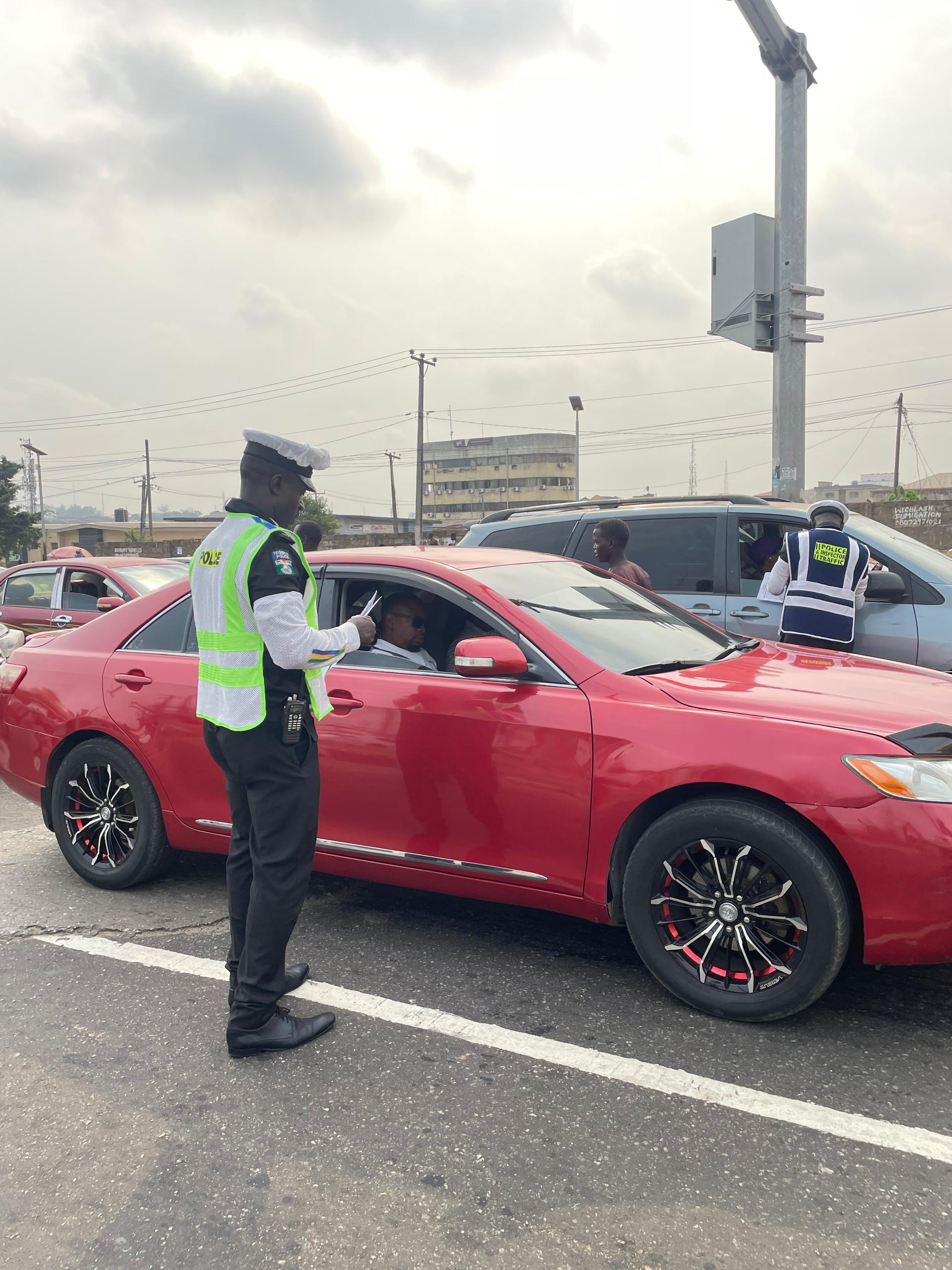
In Nigeria, bike-hailing startups saw their market evaporate right before their eyes after the government put an end to commercial motorcycling/tricycling in key areas of the nation’s commercial nerve, Lagos State, in February.
And it wasn’t long before ride-hailing companies got a taste of the same medicine. For platforms like Uber and Bolt, run-ins with Nigerian authorities have become commonplace. Indeed, the bike-hailing drama had barely subsided when cab-hailing firms were targeted in an apparent clampdown tied to several monetary demands from the authorities.
But clearly, those previous run-ins only set the tone for the worst that was to come. And sure enough, the worst has come.
The ‘famous’ Lagos State Government (LASG) has not only given the green light to a number of measures that might well end e-hailing in the State but also put a date on the implementation of those measures.
This is coming at a time when a combination of the global pandemic and the resulting economic downturn has especially put Nigeria in a financial hole, crippling many businesses and cutting earnings — partly due to the devaluation of the local currency.
As reports suggest, August 20 has been set as the commencement date for the newly approved licensing regime which requires e-hailing operators with up to 1,000 vehicles to pay NGN 10 million for the Operator Provisional License. Companies with more than 1,000 e-hailing taxis are to pay NGN 25million for the license.
Additionally, e-hailing companies are to pay an annual renewal fee of NGN 5 Million for the same license provided they have no more than 1,000 service vehicles in their fleet. For operators with more than 1,000 e-hailing taxis, the renewal fee has been set at NGN 10 Million.
It gets even worse. A part of the new regulation mandates e-hailing companies operating in the Nigeria’s biggest market, Lagos, to handover a service tax to the State Government. The service tax is equivalent to 10 percent of every transaction completed with a passenger customer.
Besides those directives, the new rules in the document dubbed: “Guideline for Online Hailing Business Operation of Taxi in Lagos” also require every e-hailing vehicle in the State to have the Lagos State Taxi badge emblazoned. Such vehicles must either be brand new or less than 3 years old, per the document.
Also, all drivers on Uber, Bolt, and indeed all e-hailing drivers are to obtain Lagos State Drivers Institute (LASDRI) cards, as well as a drivers’ badge issued by the department of public transport and commuter services of the State Ministry of Transport.
Regulations are supposed to cut both ways and bring about favourable outcomes for all parties. But when it comes to transport regulation in Nigeria’s especially unstable business environment, e-hailing firms would be quick to state that it has been a single-edged sword; one that seems to always have them on the sharp end.
It follows that the soon-to-commence regulations would not only have both local and foreign e-hailing startups reeling but also leave them feeling hard done by.





































































